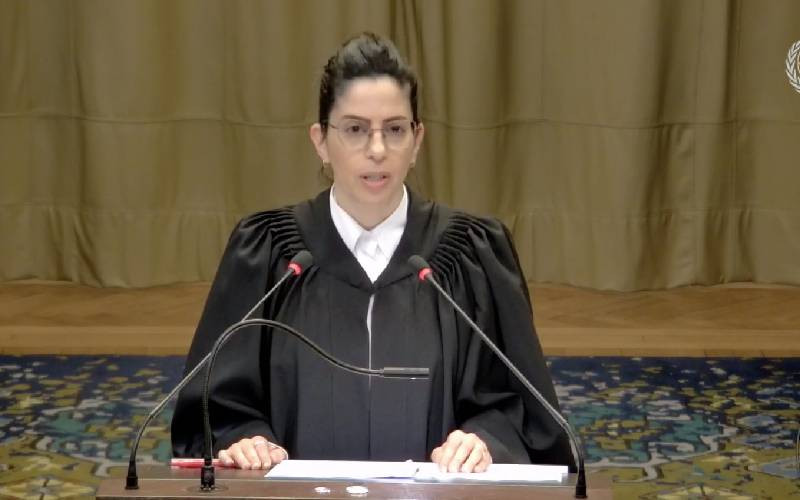×
The Standard e-Paper
Join Thousands Daily

With Gaza rapidly transformed from the world's biggest open-air prison to a giant graveyard before the world's eyes, thousands of street protests and several blocked United Nations decisions, international legal action was predictable.
What is the significance of the South Africa petition before the International Court of Justice (ICJ)? More importantly, can it bring the atrocities to an end?